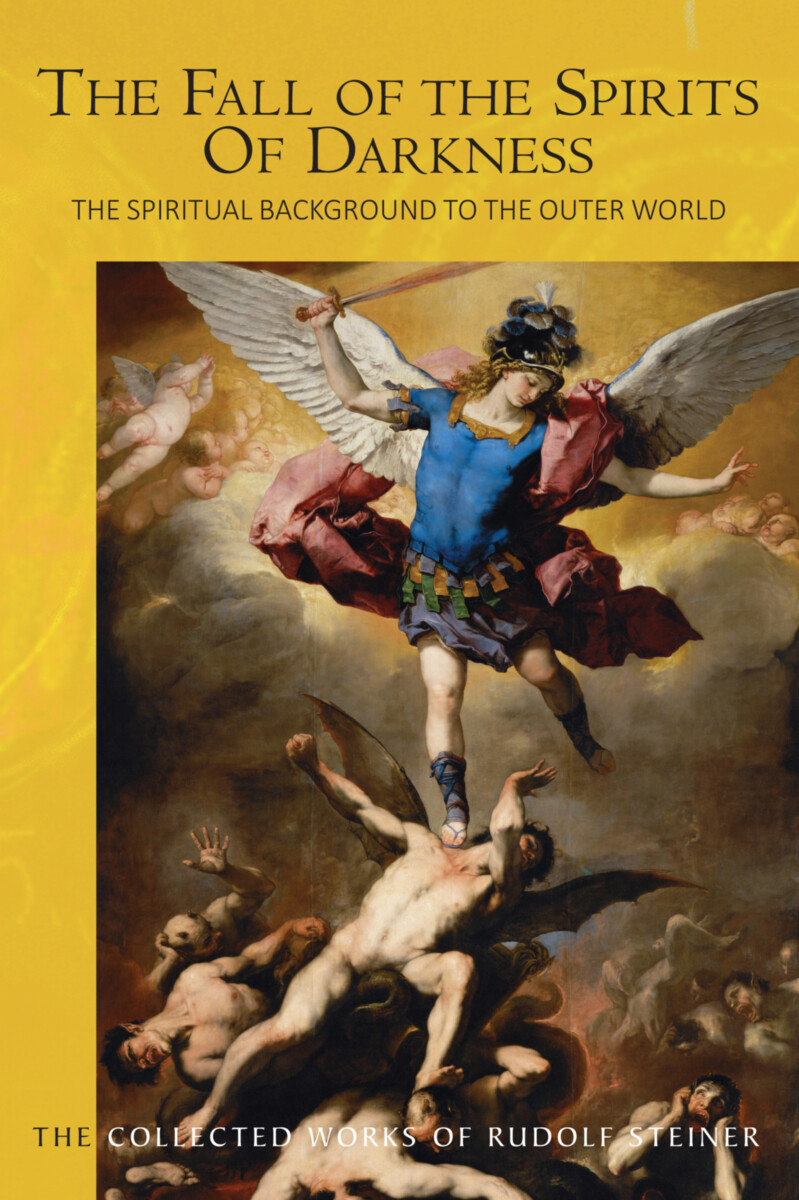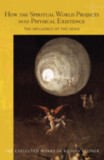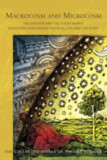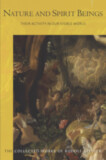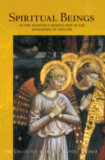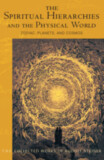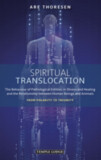The Fall of the Spirits of Darkness
The Spiritual Background to the Outer World: Spiritual Beings and their Effects (CW 177)
Introduction by Christopher Schaefer
Contributions by Frederick Amrine
Revised by Frederick Amrine
Translated by Anna R. Meuss, FIL, MTA
- Publisher
Rudolf Steiner Press - Published
31st January 2023 - ISBN 9781855846067
- Language English
- Pages 324 pp.
- Size 6" x 9.25"
14 lectures, Dornach, September 29 – October 28, 1917 (CW 177)
Speaking toward the end of the catastrophic World War I, Rudolf Steiner reveals the spiritual roots of the crises of today. Since 1879, human minds have been influenced by backward angels, he says, “spirits of darkness,” who—following their defeat in battle with Archangel Michael—were forced out of the heavens and “fell” to earth. That war in the spiritual worlds has had consequences, and it is essential for us today to become sufficiently awake to the retrogressive influences surrounding us. In a positive sense, we can choose freely to engage with the spirits of light, who seek to emancipate humankind from bonds of race, nation, and blood.
In this extraordinary series of lectures, Steiner sheds light on hidden aspects of world affairs. The Bolshevik Revolution was a recent event when he discussed events in Russia and humanity’s attempts to build a theoretically ideal social order. Steiner also speaks in these lectures about the roles and spiritual backgrounds of significant individuals, including Johann Valentin Andreae, Vladimir Solovyov, Louis Claude de Saint-Martin, and American and British politicians Woodrow Wilson and Lloyd George, as well as world-renown figures such as Charles Darwin and Goethe.
“In earlier times, the elemental spirits of birth and death essentially served the divine spirits who guided the world; since our day—and this has been going on for some time now—the elemental spirits of birth and death are serving technology, industry, and human commerce. It is important to let this disturbing truth enter our souls with all its power and intensity.” — Rudolf Steiner (lecture 4)
This new edition of features a revised translation, notes, and extensive appendices by Frederick Amrine and a new introduction by Christopher Schaefer.
This volume is a translation from German of Die spirituellen Hintergründe der äußeren Welt. Der Sturz der Geister der Finsternis. Geistige Wesen und Ihre Wirkung, Band I, Dornach, 1999 (GA 177). Cover image: San Michele sconfigge gli angeli ribelli (ca.1666), by Luca Giordano (1660–1665), Kunsthistorisches Museum, Vienna.
C O N T E N T S:
Introduction by Christopher Schaefer
1. The Driving Force behind Europe’s War
2. Humanity’s Struggle for Morality
3. The Search for a Perfect World
4. The Elemental Spirits of Birth and Death
5. Changes in Humanity’s Spiritual Make-up
6. The New Spirituality
7. Working from Spiritual Reality
8. Abstraction and Reality
9. The Battle between Michael and “The Dragon”
10. The Influence of the Backward Angels
11. Recognizing the Inner Human Being
12. The Spirits of Light and the Spirits of Darkness
13. The Fallen Spirits’ Influence in the World
14. Into the Future
Appendices
Notes
Rudolf Steiner
Rudolf Steiner (b. Rudolf Joseph Lorenz Steiner, 1861–1925) was born in the small village of Kraljevec, Austro-Hungarian Empire (now in Croatia), where he grew up. As a young man, he lived in Weimar and Berlin, where he became a well-published scientific, literary, and philosophical scholar, known especially for his work with Goethe’s scientific writings. Steiner termed his spiritual philosophy anthroposophy, meaning “wisdom of the human being.” As an exceptionally developed seer, he based his work on direct knowledge and perception of spiritual dimensions. He initiated a modern, universal “spiritual science” that is accessible to anyone willing to exercise clear and unbiased thinking. From his spiritual investigations, Steiner provided suggestions for the renewal of numerous activities, including education (general and for special needs), agriculture, medicine, economics, architecture, science, philosophy, Christianity, and the arts. There are currently thousands of schools, clinics, farms, and initiatives in other fields that involve practical work based on the principles Steiner developed. His many published works feature his research into the spiritual nature of human beings, the evolution of the world and humanity, and methods for personal development. He wrote some thirty books and delivered more than six thousand lectures throughout much of Europe. In 1924, Steiner founded the General Anthroposophical Society, which today has branches around the world.


